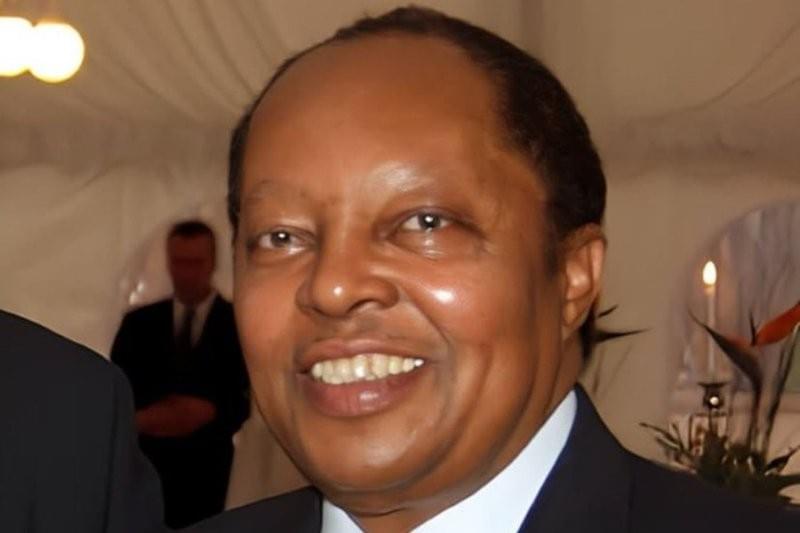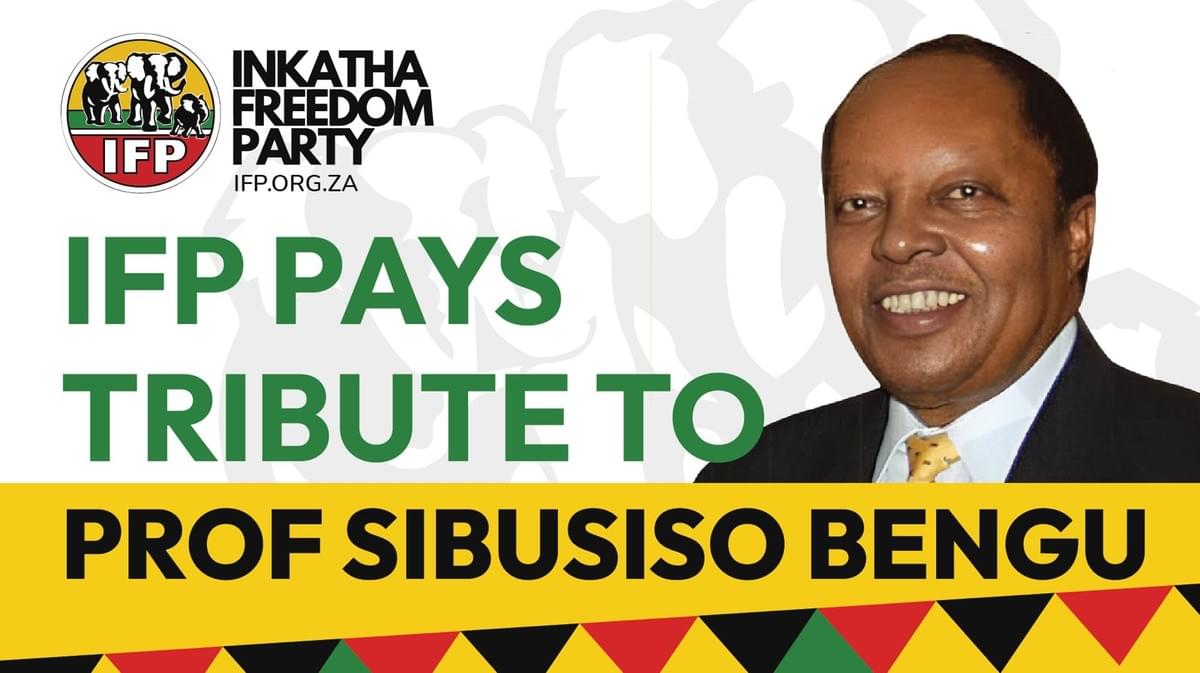
Today, I find myself deeply moved as I write about the late Professor Sibusiso Mandlenkosi Emmanuel Bengu. Over the past few days, I have been reflecting on his remarkable legacy, following the news of his passing.
Though I was still very young when he embarked on his extraordinary journey of leadership and activism, the tributes pouring in from across the country have painted a vivid picture of a gentle giant whose impact will be felt for generations to come.
Professor Bengu was not just a man of great intellect; he was a man of action, compassion, and vision. His contributions to South Africa's democracy, education, and political landscape are nothing short of monumental. Many have fittingly described him as an "educationalist," a term that captures the essence of his commitment to uplifting and empowering others through knowledge.
As someone who dreams of a South Africa that is fair, just, and equal for all—especially in the realm of social justice—I find his life story profoundly inspiring.
One of the many facets of Professor Bengu’s life that resonates deeply with me is his work in education. As South Africa's first post-apartheid Minister of Education, he spearheaded transformative policies aimed at dismantling the inequalities entrenched by apartheid. He introduced the National Qualifications Framework, a system designed to make education accessible to all and to promote lifelong learning.
His vision was clear: to create an education system that served as a bridge to opportunity for every South African, regardless of their background. This resonates with my own passion for equitable education—a passion fueled by leaders like him, who proved that change is possible when rooted in determination and love for one’s people.
Professor Bengu’s influence, however, extended far beyond the realm of education. He was a multifaceted leader who left an indelible mark in politics, community development, and family life. As the first Secretary-General of the Inkatha Freedom Party (IFP), he laid a foundation of principled leadership and unwavering dedication to the betterment of South African society.
His role in the IFP is particularly significant to me, as a young member of this movement. Knowing that a leader of his caliber once served in the party affirms my decision to join and strengthens my commitment to its values. His legacy reminds me that political activism, when guided by integrity and a genuine desire to serve, can be a powerful force for good.

Beyond the titles and accolades, Professor Bengu was a family man and a community leader. He embodied the values of humility, respect, and unwavering commitment to the upliftment of others. Those who knew him speak of his warmth, his wisdom, and his ability to inspire those around him to reach for greater heights. His life is a testament to what can be achieved when one dedicates themselves fully to their purpose.
As I write this, I am watching the proceedings of his funeral, a solemn yet inspiring reminder of the incredible life he lived. Baba Bengu lived a life that was rich in purpose and profoundly impactful.
To his family, friends, colleagues, comrades, and all whose lives he touched directly or indirectly, may you find peace and comfort in knowing that his legacy will continue to shine brightly. He is not just a man we mourn today but an ancestor we celebrate, an inspiration we carry forward.
To the young people of South Africa, I have this to say: Let us take the baton from leaders like Professor Bengu and walk in their footsteps with pride and determination. Let us honor their sacrifices by striving to create the South Africa they envisioned—one rooted in equality, justice, and opportunity for all.
Baba Bengu’s life reminds us that true leadership is about service, and true service is about uplifting those around us.
Farewell, Baba. Ngcolosi, wena wakwaDlabazane, Kangwane. We thank you, we honor you, and we promise to carry your legacy forward with pride.
Hamba kahle, great son of South Africa.

